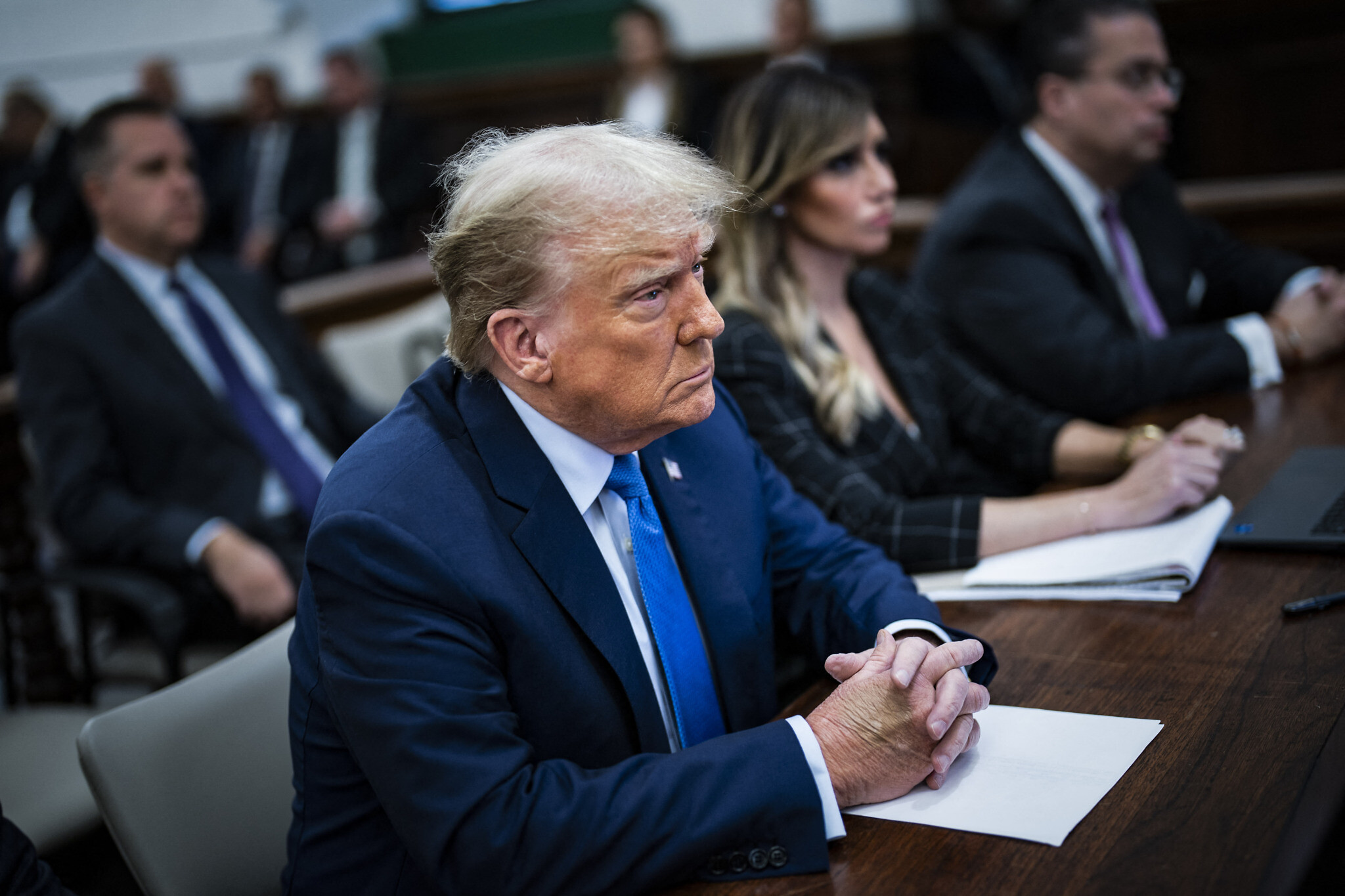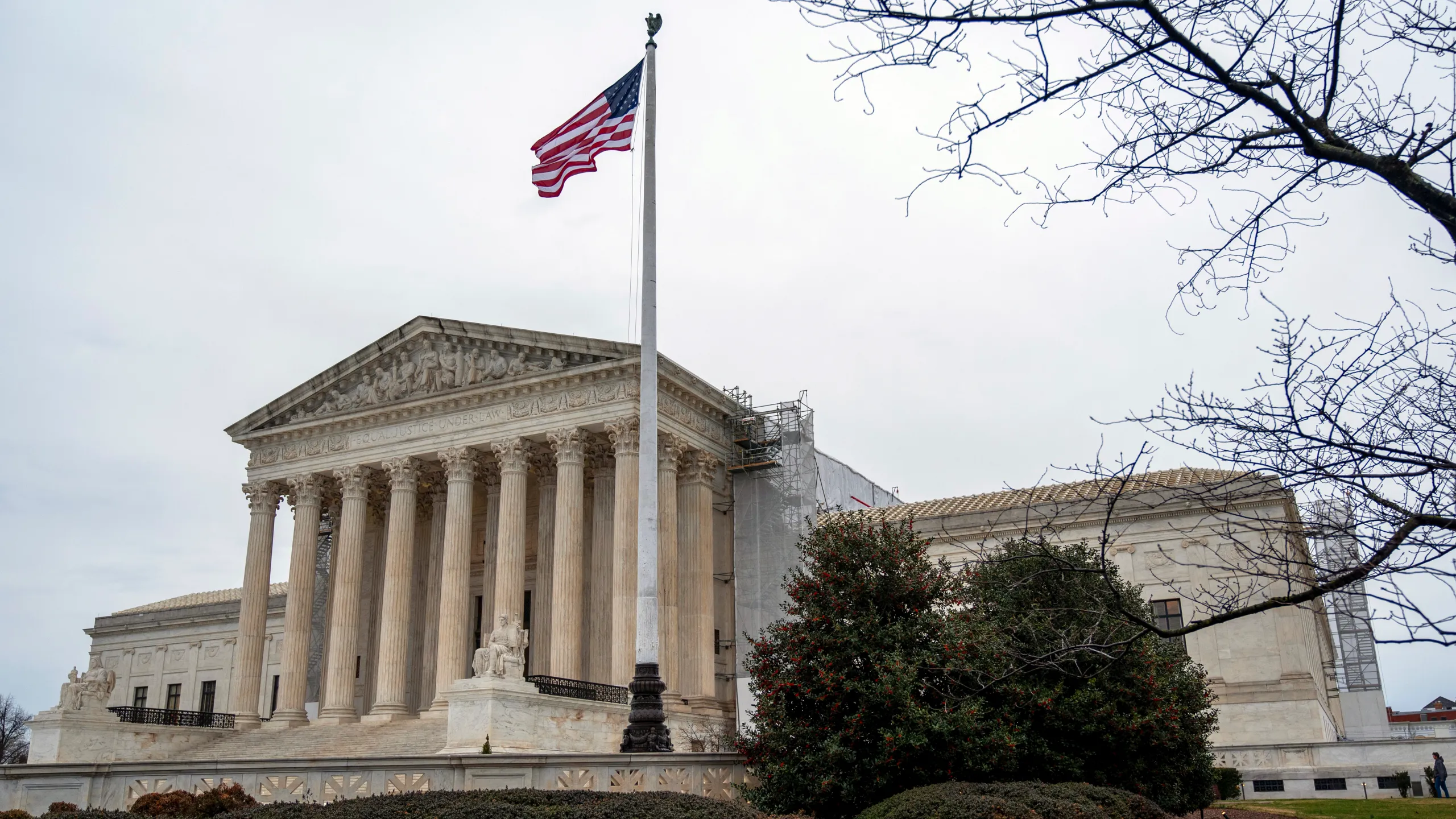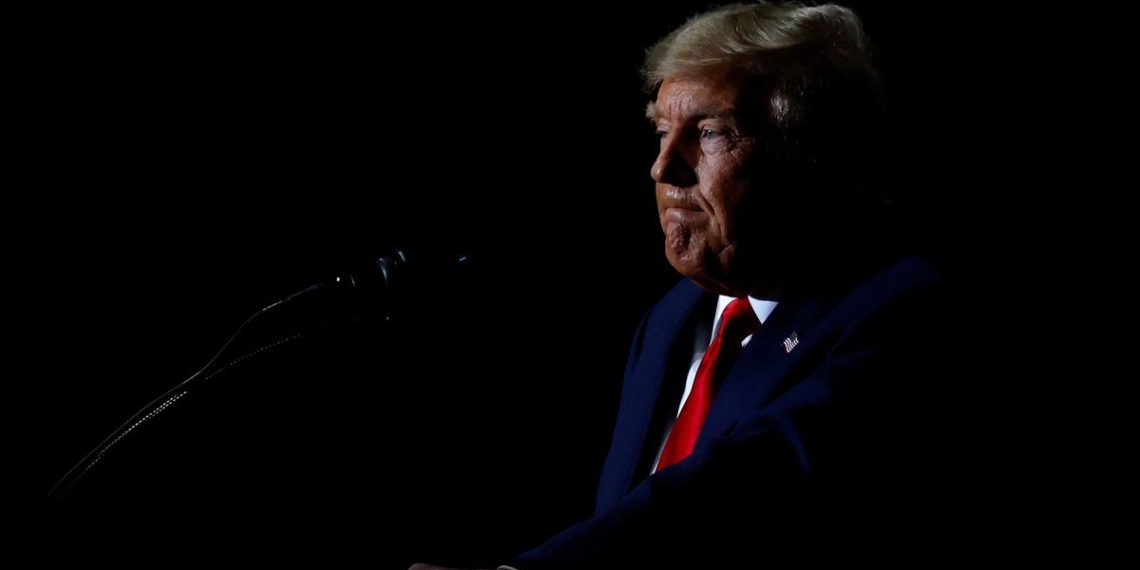The special counsel prosecuting former President Donald Trump for his alleged role in overturning the 2020 election loss has submitted a brief to the U.S. Supreme Court, urging the rejection of Trump’s immunity claim.
Scheduled for argument on April 25, the case centers on Trump’s appeal against a lower court’s refusal to shield him from federal criminal charges, arguing that his actions as president warrant immunity.
Special Counsel Jack Smith contends that Trump’s conduct, if proven, constitutes a severe attack on the nation’s governmental structure, emphasizing that no individual, including a former president, is exempt from accountability under the law.

Trump, vying for the Republican nomination in the upcoming election against Democratic President Joe Biden, maintains his innocence in this and three other criminal cases, characterizing them as politically motivated maneuvers.
Trump’s assertion of absolute immunity from prosecution for official acts as president has garnered support from some quarters, including 19 retired four-star U.S. military officers and former high-ranking national security officials.
However, Smith and other legal experts argue that such immunity would undermine fundamental democratic principles and pose a threat to national security, both domestically and internationally.
The Supreme Court’s decision to grant a hearing on Trump’s immunity plea has postponed his trial, granting him temporary relief as he campaigns for the presidency.

Trump’s efforts to dismiss the charges based on immunity were previously rejected by lower courts, leading to the current appeal before the Supreme Court.
At the heart of the case are allegations that Trump, along with his allies, propagated baseless claims of election fraud, orchestrated attempts to subvert the certification of Biden’s victory, and incited the January 6, 2021, Capitol riot to impede the electoral process.
The outcome of this legal battle will have far-reaching implications for presidential accountability and the rule of law in the United States.





